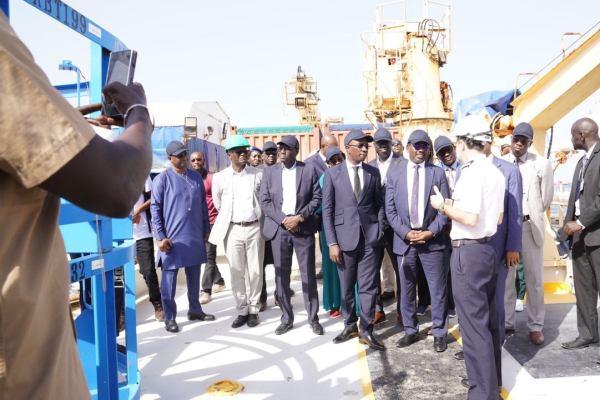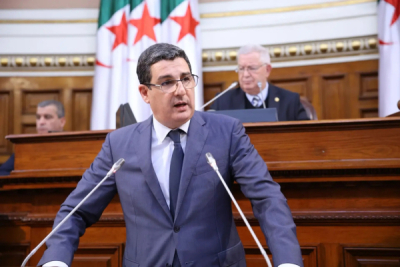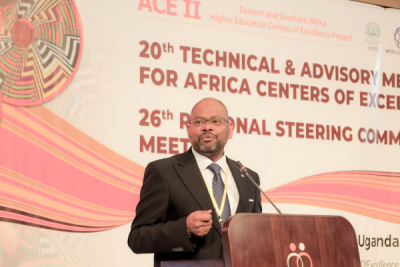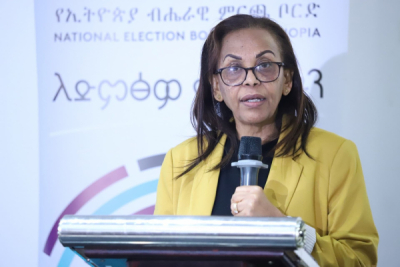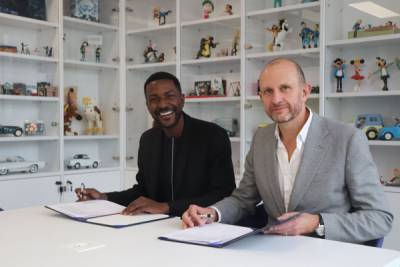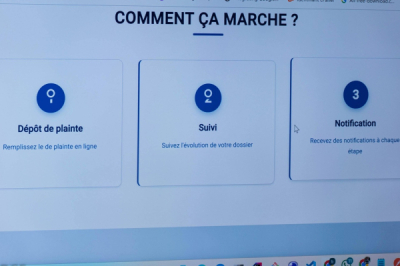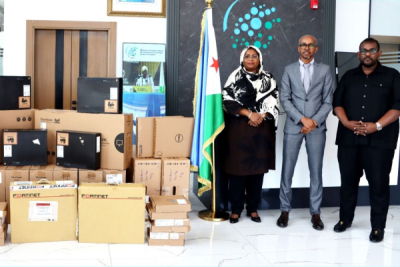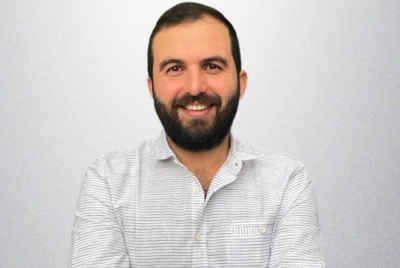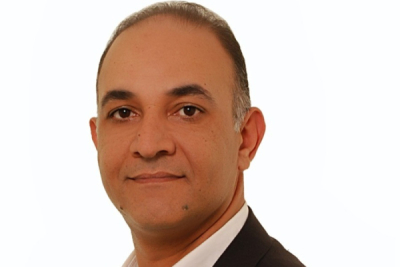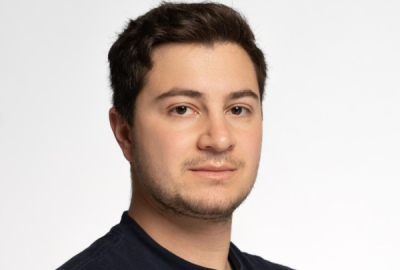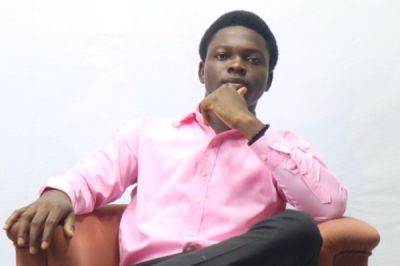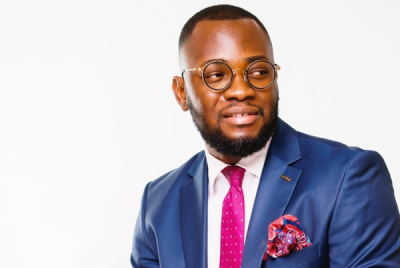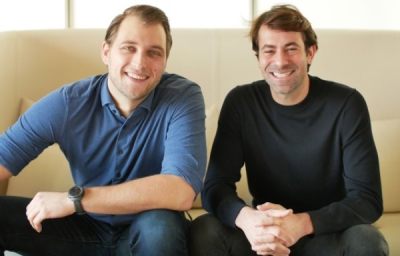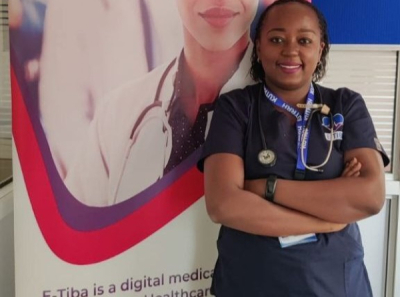The 2Africa cable, spanning 45,000 kilometers, is poised to connect 33 countries across three continents, enhancing connectivity for more than three billion individuals.
The 2Africa subsea cable from the eponymous consortium led by the American company Meta has landed off the coast of Dakar in Senegal. Its installation began on Tuesday, October 31, with the arrival of a cable ship from Alcatel Submarine Networks (ASN), a Nokia subsidiary entrusted with the construction of the cable. ASN will carry out the installation works in collaboration with Sonatel, the telecommunications firm overseeing the construction of 2Africa's landing station in Senegal.
"We are in the digital age. Therefore, we anticipate a more than double surge in 4G traffic in the next five years, alongside the emergence of 5G, which will further catalyze an exponential spike in usage. Therefore, it is imperative to equip Senegal adequately to meet the escalating demands from our customers," said Sékou Dramé, CEO of Sonatel.
The introduction of the 2Africa cable reinforces Senegal's domestic broadband infrastructure. Presently, the nation is linked to four international fiber optic submarine cables, namely SAT-3 (South Atlantic 3), ACE (Africa Coast to Europe), ATLANTIS-2, and SHARE (Senegal Horn of Africa Regional Express). Nonetheless, recurrent outages across these networks are causing disruptions to internet services across the country and in neighboring regions.
In early August, cuts to the ACE, WACS, and SAT-3 cables resulted in internet outages and slowed connectivity, for weeks, in several African countries, including Senegal.
The connection to a new cable will improve connectivity, offering better business opportunities, enhancing investment competitiveness, and stimulating growth by accelerating progress in several sectors, notably education and health. Senegal has 19.2 million Internet subscribers, representing a 108.31% penetration rate, according to the latest statistics from the Regulatory Authority for Telecommunications and Post (ARTP).
Samira Njoya


